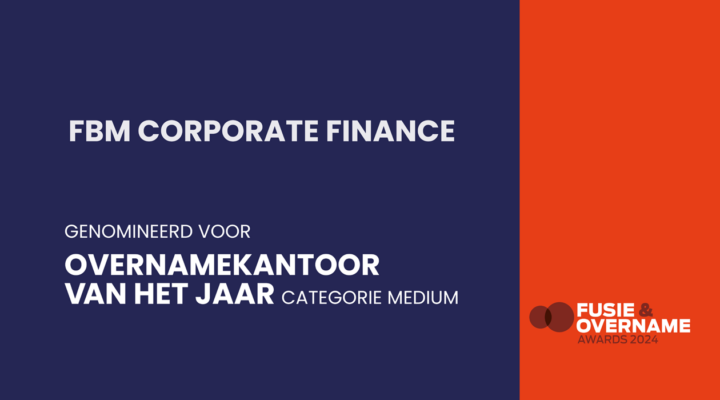Who is potentially buying your business? An industry peer? Management? Or a complete unknown you hadn’t thought of yourself. Usually the long list of possible candidates can be divided into 3 types of potential buyers;
- Strategic buyers: these are potential buyers with a strategic interest, such as an industry peer looking to expand
- Financial buyers: these are investors whose primary objective is financial, such as a private equity firm
- MBI or MBO candidates: these are interested people inside or outside your company who may want to buy into your company as (co-)entrepreneurs
What do these different types of buyers look like?
The strategic buyer
A strategic buyer is a party that, for example, operates in the same or related industry. They are parties that want to grow by vertically or horizontally expanding their business activities. This buyer is therefore strategically interested in acquiring your company in order to achieve synergy benefits. For example, in purchasing, sales in other geographical areas, product development, personnel and/or marketing. Compared to a financial buyer, a strategic buyer will look less at current returns, but will be more interested in potential synergy benefits.
The characteristics of a strategic buyer are:
- The buyer may be an industry peer
- Buyer wants chain integration with possible acquisition
- The buyer wants to grow his business (strategically)
- The buyer is looking to expand its business
- The buyer wants synergy benefits from purchasing your business
- The buyer will want to take over control of your business after acquisition
- The buyer is an (international) competitor, industry peer, customer or supplier
The financial buyer
The financial buyer is usually a private equity fund. These investors look primarily at the current returns and potential of your company. Many private equity parties focus on a limited number of specific industries in which they invest. Financial buyers will not readily sit in the entrepreneur’s chair, but will primarily want to take over in strategic and financial areas. For example, a financial buyer may appoint new management for your company or add your company to an existing company in their portfolio. This is called a buy-and-build strategy. Generally, this type of buyer is looking for scalable and high-yielding businesses with many future opportunities.
The characteristics of a financial buyer are:
- The buyer usually has experience in your industry
- The buyer’s ambition is to achieve returns by focusing strongly on (international) growth
- The buyer is looking for economies of scale and will see if your business lends itself to adding multiple businesses or fits well with an existing stake
- Often this buyer wants to acquire a majority of the shares
- After acquisition, the buyer will focus primarily on financial and strategic issues.
- You and the buyer are often not yet familiar with each other
- The buyer is generally more short-term oriented
The MBI or MBO candidate
In a management buy-in, the potential buyer (or buyers) is an individual (or group of individuals). Often MBI candidates are managers or former board members with extensive experience or former entrepreneurs who want to go back into business. MBI candidates often serve on the existing board of directors themselves and will be actively involved in the business. Generally, this type of buyer is looking for a business in an industry in which the MBI candidate already has experience.
The management buyout candidate is an individual (or team of individuals) from your own company who is (or are) interested in continuing the business. They know your company and their own qualities. We also assist entrepreneurs in a management-buy-out and its financing.
The characteristics of an MBI or MBO candidate are:
- The buyer has extensive experience in your industry
- The buyer wants to do his own business
- The buyer himself wants to be active in the business on a daily basis
- The buyer seeks (strategic) returns on his own entrepreneurship
- You and the buyer know each other or not yet
- The buyer has extensive experience as a manager, director or entrepreneur
Paper: 10 steps to a successful sale of your business
The decision has been made. You want to sell your business. But how does that work? Based on our vast experience, we share in this roadmap the 10 steps to a successful business sale. That way, you will have a better idea of what to expect. Based on our vast experience, we share in this roadmap the 10 steps to a successful business sale. That way, you will have a better idea of what to expect.







